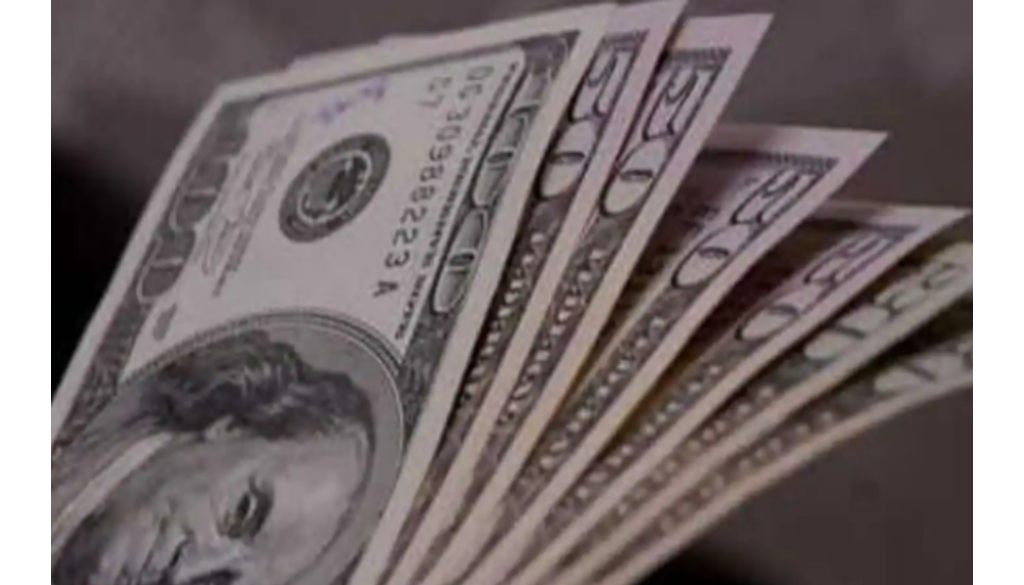Introduction

Image: www.punekarnews.in
In the tapestry of international finance, foreign exchange reserves stand as a cornerstone of a nation’s economic stability and resilience. India, the world’s sixth-largest economy, maintains a robust war chest of forex reserves that has served as a formidable buffer against external shocks and a catalyst for sustained growth. This article delves into the intricacies of India’s forex reserves, exploring their significance, components, and management strategies.
Understanding Forex Reserves: A Critical Lifeline
Foreign exchange reserves, typically held by central banks, represent a nation’s holdings of foreign currencies, gold, and other liquid assets. These reserves enable a country to meet its international payment obligations, such as imports, foreign debt repayment, and stabilization of the exchange rate. In times of economic or financial distress, these reserves provide a vital lifeline, cushioning against external vulnerabilities and maintaining confidence in the domestic economy.
Components of India’s Forex Reserves
India’s forex reserves are primarily comprised of:
- Foreign currency assets: Held in various currencies, such as US dollars, euros, and yen.
- Gold reserves: Kept in physical form as bullion or gold-backed instruments.
- Special Drawing Rights (SDRs): Reserve assets issued by the International Monetary Fund (IMF).
- Reserve tranche position (RTP) at the IMF: India’s share of the IMF’s borrowing capacity.
Management of Forex Reserves: A Delicate Balancing Act
Managing India’s forex reserves is a complex and delicate responsibility, guided by the Reserve Bank of India (RBI). The central bank employs a multi-pronged strategy to optimize the reserves, including:
- Diversification: Spreading investments across various currencies and assets to reduce concentration risk.
- Stability: Managing reserves to stabilize the rupee’s exchange rate, protecting it from excessive volatility.
- Return maximization: Generating returns on the reserves while ensuring low-risk exposure.
- Funding import requirements: Utilizing reserves to meet import costs and mitigate dependency on external borrowing.
Benefits of Robust Forex Reserves
Maintaining substantial forex reserves offers numerous benefits to India’s economy:
- Economic stability: Forex reserves act as a shock absorber during economic downturns or external crises.
- Exchange rate stability: They enable the central bank to intervene in the foreign exchange market, mitigating fluctuations.
- Confidence and investment: Robust reserves enhance investor and business confidence, attracting foreign capital.
- International creditworthiness: Ample reserves improve India’s credit rating and reduce borrowing costs.
- Geopolitical leverage: Strategic forex reserves can give India greater influence in international negotiations.
The Road Ahead: Enhancing India’s Forex Position
India’s forex reserves have grown exponentially in recent decades, providing a solid financial foundation for the country. To further strengthen this position, the government and the RBI are exploring several strategies:
- Increased exports and reduced imports: Promoting exports and discouraging unnecessary imports to improve the balance of payments.
- Foreign direct investment (FDI) inflows: Attracting FDI to generate foreign currency inflows and boost economic growth.
- Tourism promotion: Enhancing tourism revenue to earn foreign exchange and diversify revenue streams.
- Gold monetization scheme: Encouraging Indian citizens to deposit gold with banks in exchange for interest payments, adding to forex reserves.
Conclusion
India’s forex reserves stand as a testament to its economic resilience and global financial standing. By maintaining a robust war chest of foreign exchange assets, gold, and other reserves, the country has cushioned itself against external shocks and emerged as a sought-after investment destination. As India continues to navigate the complexities of global finance, the diligent management of its forex reserves will remain an essential pillar of its economic success.

Image: www.zeebiz.com
India’S Forex Reserves Business Standard






